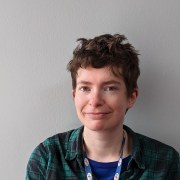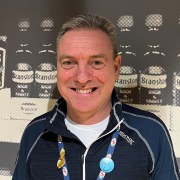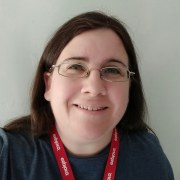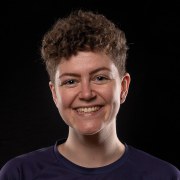16.06.2023 | 12:00 - 13:15
Many celebrated science communicators display neurodivergent traits (e.g. autism or ADHD). In science centres we often hire people with traits great for SciComm, like great charisma or love of science, and since such traits are often found in neurotypes like autism or ADHD, we end up with neurodivergent staff. But if we don’t understand their other traits, we may struggle to support them if, e.g. they are always late (common with ADHD) or struggle with flexibility (related to autism). This can be stressful for all involved.
In this session, David Jones will interview three people who experience or are knowledgeable about neurodiversity issues in science communication workplaces. We hope that by sharing insight and suggestions, and providing this opportunity for conversation, we can help improve the working conditions of neurodiverse science communicators, reducing stress and distress and their consequences such as burnout. We will also share resources on DiverSci.eu.
Outcomes: what will participants get from this session? Skills, knowledge, experience etc.
Participants will gain knowledge about how some traits we value in science communicators may form part of a neurodivergent condition such as autism and/or ADHD, and the corresponding traits that can make it very difficult for staff members to meet certain work expectations. They will be able to ask questions in a non-judgemental space, and find support for improving their skills in managing, communicating with, and supporting neurodiverse staff and colleagues.




